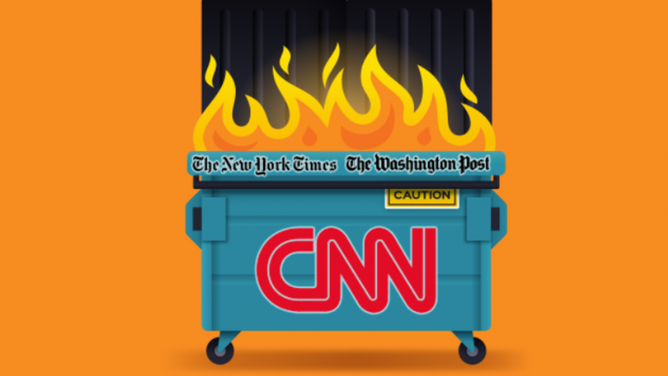2023 Was A Rough Year For Media Jobs
Nearly 20,000 jobs have been eliminated across the media industry this year as premium outlets struggle to combat declining rates in ad revenue, according to Axios estimates.
The report found that media companies can no longer rely on short-term capital to insulate them from ad declines because of "high interest rates and investor skepticism."
Thus, the cuts were industry-wide in 2023.
The Washington Post announced plans to offer voluntary buyouts in an attempt to cut 240 jobs. The Post has roughly 2.5 million subscribers, down from 3 million at the end of 2020.
The Post is set to lose $100 million this year.
CNBC Digital cut around 20 editorial staffers last week. Vice Media Group laid off about 100 staffers this year and consolidated its businesses from five to two. G/O Media suspended Jezebel and laid off some 23 staffers.
Elsewhere, ad revenue for BuzzFeed declined 35% year-over-year. Ad revenue for Dow Jones, the parent company of the Wall Street Journal, decreased 3%.
Linear ads for television networks like CNN parent company Warner Bros. Discovery declined "12% on average," per the report.
So, what's the problem?
Short answer: a lot.

The media industry is fragmented. There are more outlets, more journalists, more television channels, more podcasts, and more news destinations than at any time before.
There are too many options. And most outlets are competing for the same eyeballs.
Monetization has also become increasingly difficult in the era of social media.
Websites are overly reliant on the whims of Google, Facebook, and X to drive traffic. Those sources are flaky and can derail news sites at any point, intentionally or not.
Of course, even highly visited sites can struggle to turn readers into profits.
Some sites have tried to mitigate this concern by inserting auto-play videos, for which are easier to sell ads, atop web pages.
Even then, a site must drive a lot of video views to turn said strategy into a successful business.
Now, journalists should not be completely discouraged by the above results. That said, their goal should no longer be to work for a major news outlet.
Instead, the goal should be to make enough of a name for themselves that they can create a Substack – or X Premium – account for which they can directly charge readers as opposed to relying on ad revenue.
Of course, there are not a lot of journalists who move the needle, drive engagement, turn readers into loyal followers, and aren't afraid to upset their equally cowardly gatekeepers – all of which a successful Substack account requires.
But there are some.
And if enough writers can normalize the model, perhaps we will see an increased number of readers willing to pay a small fee for their favorite journalists.
THE VALUE OF A COLLEGE DEGREE IS RIGHTFULLY DIMINISHING | BOBBY BURACK